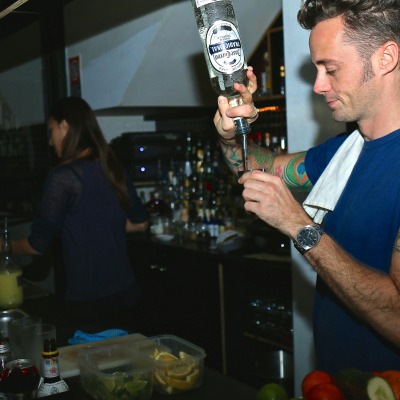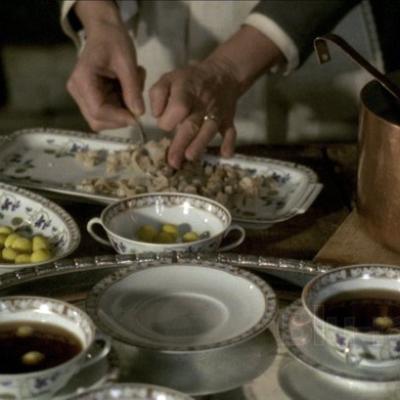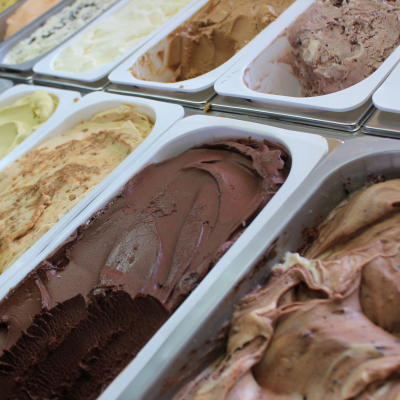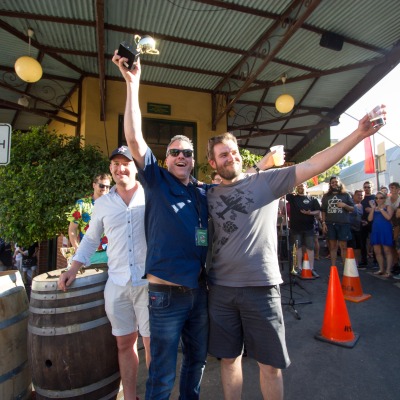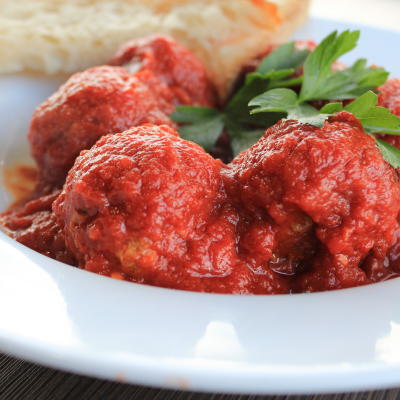Becoming an expert in anything takes a lot of work. But when that work involves tasting a lot of wine how hard can it be?
Dr. Alex Russell’s recent PhD, undertaken at the School of Psychology at the University of Sydney, looks at whether novices can become wine experts.
"During my PhD, I had novices come into the lab to smell and taste lots of wines. In most cases, we had them in the lab for an hour and they didn’t learn much. But if they stayed just 30 minutes longer they started to show signs of improvement and after four hours, they were doing really well. They weren’t experts by any means, but it didn’t take them years to get the hang of it, either." Dr. Russell explained.
“A lot of people think that wine experts are full of it but I’ve been investigating this area for the past seven years and it turns out there is a knack to it. Informed by my research, here are my five tips on how to become a wine expert.”
1. Shut Your Eyes
The main skill of wine experts is consistently putting a name to an odour. Wines that smell like blackcurrant aren’t made from or with blackcurrant and they don’t look like blackcurrant. It’s hard to identify a smell when you can’t visually associate it with the obvious source. In fact these wines contain chemicals that, when isolated, smell very much like blackcurrant. So get a friend to go through your pantry and pick out various herbs and fruits. Smell and taste them with your eyes closed and try to identify them. Learn from feedback. It’s hard but you’ll improve over time
Taste wines with your eyes closed - what you see can have a huge effect on how you perceive the wine (or any food/drink).
2. Drink different types of wine
Try lots of difference wines - don’t be afraid to explore all sorts of styles and regions. Branch out, be willing to try new things. Try wine by the glass at bars and restaurants rather than buying a whole bottle. Try wines made from different grapes, from different regions and countries. No one became a wine expert by only drinking one type of wine
3. Taste wines side-by-side
Odour memory is quite robust but, just like any other type of memory, it is prone to interference and forgetting. Instead of relying on your memory to compare the wine you’re drinking now to the one from last week, open up a few different bottles at the same time so you can directly compare them.
Taste wines side by side - do not rely on your odour memory, even over a few hours
4. You’ll need to get your tongue around the wine and the words
You might be a food or perfume expert but you’d still have to separately master wine and its associated lingo. Wine expertise is all about linking an odour or flavour with its recognised name. Experts share information using similar terms whereas novices generally can’t describe wines very well and don’t know many of the experts’ tasting terms.
Learn to use the language - experts use words that we know (e.g. blackcurrant), but they know exactly what that smells or tastes like in a wine. Novices need to learn the connection between the odour/flavour and the name.
5. Don’t be afraid to make mistakes
A lot of people avoid wine-tasting games because they are afraid to fail. But it’s OK to make mistakes. Experts make mistakes all the time (especially at games where they have to guess what’s in the glass without seeing the wine label), but they learn from them. A famous French experiment in which white wine was artificially coloured red with odourless dye wrong-footed lots of experts. It highlighted the impact of our thoughts and expectations on what we taste in a wine – it’s almost like they ‘drink the wine with their eyes’. Even experts can get it wrong but they more often get it right.
So…
Provided you have a working nose and mouth, it’s within your reach to become a wine expert.
You’ll start to see improvements after a few hours. To build that into expertise you’ll need time, money and dedication – but it’s not impossible.
You may not want to become an expert but being able to describe a wine or understand a description of a wine is very handy for anyone vaguely interested in wine. Besides, it’s a lot of fun!
